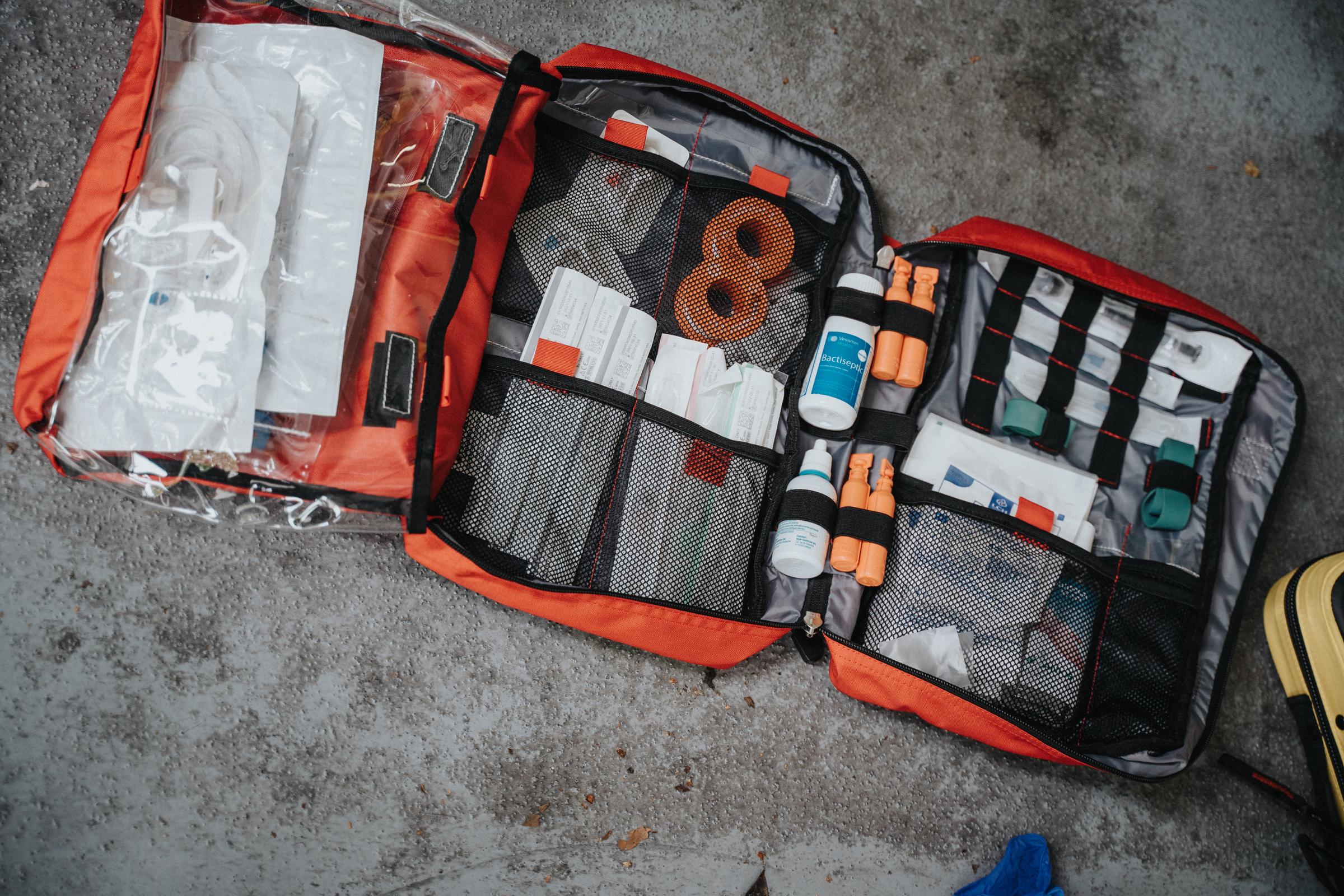You're In Good Hands

Please do not be alarmed but be aware that Whooping Cough has been diagnosed in the Malvern East area and several cases within the school.
Whilst most families have been immunised there are members of the Malvern Primary School community who are unable to be vaccinated and or are too young to have finished the vaccine regime.
For the health and wellbeing of our community, if your child is unwell, please keep them at home and visit your GP.
What is Whooping Cough?
Whooping cough is a respiratory infection (infection of the lungs) that causes coughing. The coughing can occur in long spells, and often ends with a high-pitched 'whoop' sound when the child breathes in.
Whooping cough is extremely contagious and it is particularly serious in babies under six months of age.It is spread easily by droplets of fluid in the air from coughing and sneezing.
It can also be spread by hands that have come in contact with the bacteria. If your child has whooping cough, they will be infectious just before the start of the cough until three weeks after the cough started.
If your child is given antibiotics, they can still spread the infection until they have had five days of antibiotics.
Children diagnosed with whooping cough cannot attend school:
- for three weeks from the start of the cough, if no antibiotics are given
- until they have had at least five days of their course of antibiotics.
Signs and Symptoms
- Whooping cough usually starts with cold-like symptoms, such as a runny nose and dry cough, which last for about one week.
- After that, a more definite cough develops, which may last for 10 weeks or more. The cough comes in long spells and often ends with a high-pitched 'whoop' sound when the child breathes in.
- Some children cough so much they vomit afterwards.
- Children are usually well between coughing spells.
Immunisation is the best way to prevent whooping cough.
- Whooping cough vaccine is recommended for all babies at six weeks, four months, six months, 18 months and at four years. An adult pertussis booster dose is then given at 12–13 years (in Year 7 at secondary school).
- All babies less than six months old are at risk of catching whooping cough because they have not completed the three-dose primary vaccine course.
- Every adult is susceptible to whooping cough infection unless they have had a recent pertussis booster. Adults are the ones most likely to spread infection to babies under six months who are not yet fully vaccinated.
- All parents should check their child's immunisations are up to date and ask their GP to catch up on any missed doses.
Have a great week
Jenny Klein
School Nurse
